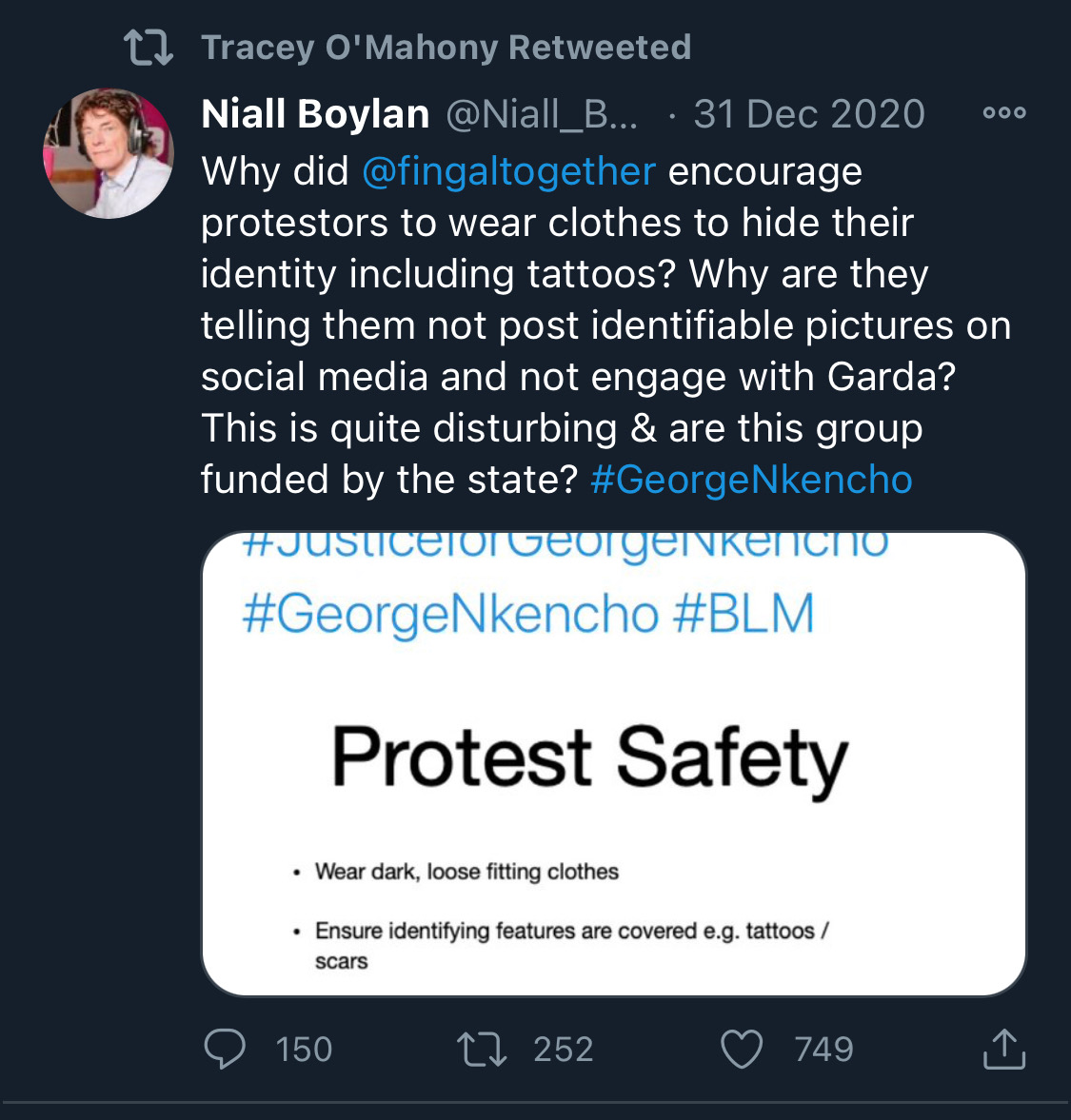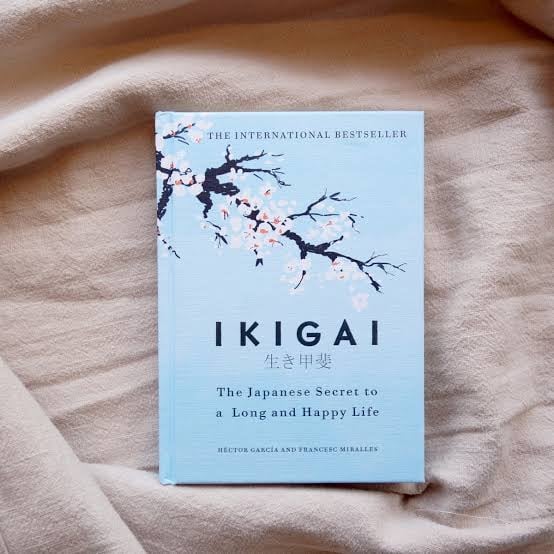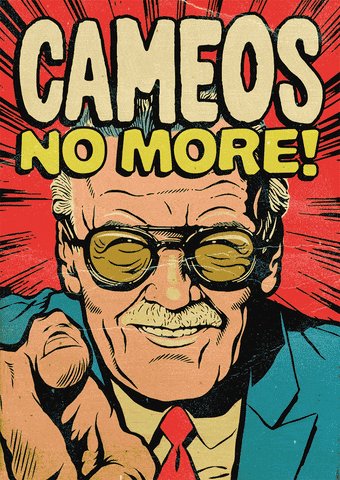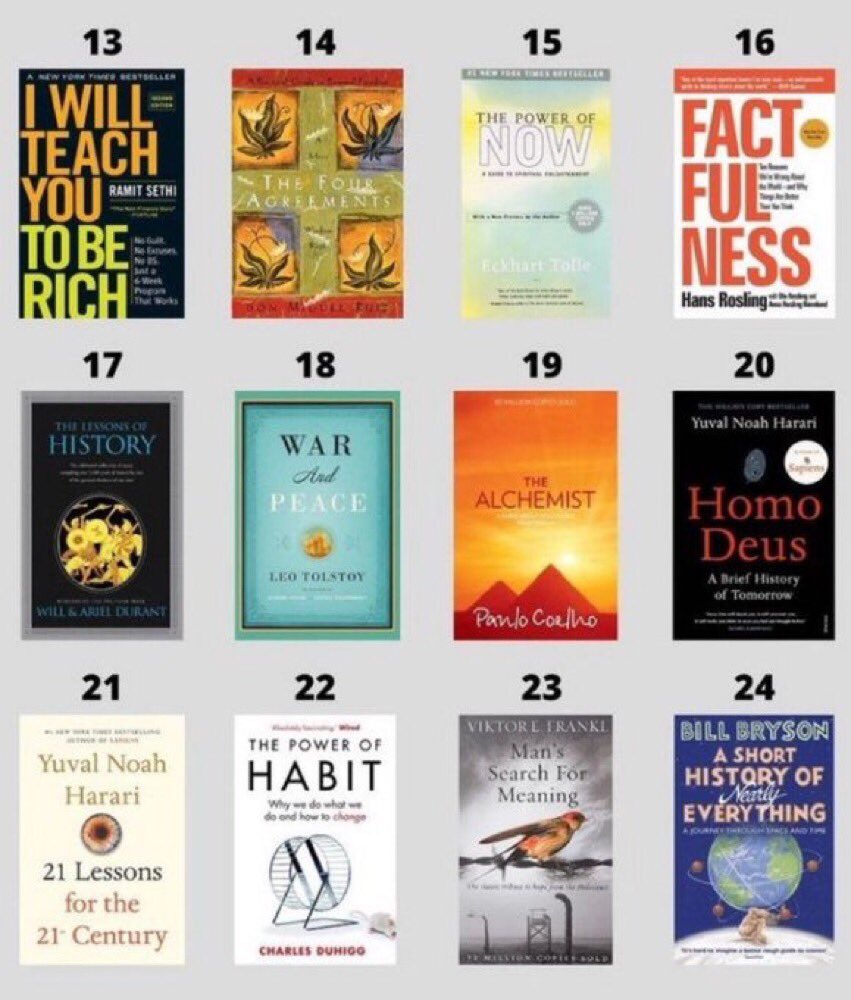
More from Learning
But 90% of that growth came from 9 threads - which on their own generated 20,000,000 views.
So here's a recap of those 9 threads (and what they can help you with):
I studied math at Princeton - mostly because I hated writing.
But colleges do a horrendous job teaching you to write.
So I spent 200 hours learning to write on my own.
Then, I summarized the frameworks I
College completely failed in teaching me how to write.
— Dickie Bush \U0001f6a2 (@dickiebush) September 22, 2021
So I spent over 500 hours studying legendary authors and copywriters.
Then, I distilled what I learned into 6 simple frameworks.
But unlike college, these won't cost you $120,000.
Here they are for free:
If you're new to Twitter, it can be overwhelming.
But even people who use it every day aren't using its best features.
So here are 10 of them you can start using today to 10x your experience:
If you use it right, Twitter is the most powerful platform in the world.
— Dickie Bush \U0001f6a2 (@dickiebush) March 30, 2021
But Twitter does a horrible job of showing you its advanced features.
Here are 10 of them you probably know nothing about:
Whether you're a:
• Writer
• Creator
• Student
• Employee
• Entrepreneur
You are in the business of storytelling.
So here's a storytelling crash course from the world's most creative
The most creative company of the last 30 years:
— Dickie Bush \U0001f6a2 (@dickiebush) October 28, 2021
Pixar.
Back in 2011, Pixar storyboard artist Emma Coats shared their "22 Rules For Storytelling."
And the rules are a must-read for writers, entrepreneurs, and anyone who wants to tell captivating stories.
Here's the breakdown: pic.twitter.com/eUqUpvvbDX
If you spend any time on Twitter, you've seen the words "Web 3."
But whether you're a complete beginner or fully crypto-pilled, these quotes will help you learn where the world is
20 quotes on Crypto, Web 3, NFTs, and decentralization from Tim Ferriss, Naval Ravikant, and Chris Dixon.
— Dickie Bush \U0001f6a2 (@dickiebush) October 30, 2021
(For those who want a crash course in where the future is heading):
You May Also Like
Mr. Patrick, one of the chief scientists at the Army Biological Warfare Laboratories at Fort Detrick in Frederick, Md., held five classified US patents for the process of weaponizing anthrax.
2/x
Under Mr. Patrick’s direction, scientists at Fort Detrick developed a tularemia agent that, if disseminated by airplane, could cause casualties & sickness over 1000s mi². In a 10,000 mi² range, it had 90% casualty rate & 50% fatality rate

3/x His team explored Q fever, plague, & Venezuelan equine encephalitis, testing more than 20 anthrax strains to discern most lethal variety. Fort Detrick scientists used aerosol spray systems inside fountain pens, walking sticks, light bulbs, & even in 1953 Mercury exhaust pipes

4/x After retiring in 1986, Mr. Patrick remained one of the world’s foremost specialists on biological warfare & was a consultant to the CIA, FBI, & US military. He debriefed Soviet defector Ken Alibek, the deputy chief of the Soviet biowarfare program
https://t.co/sHqSaTSqtB

5/x Back in Time
In 1949 the Army created a small team of chemists at "Camp Detrick" called Special Operations Division. Its assignment was to find military uses for toxic bacteria. The coercive use of toxins was a new field, which fascinated Allen Dulles, later head of the CIA
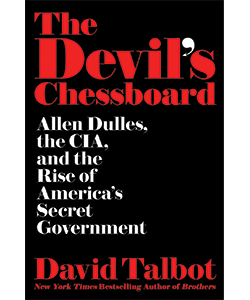

There is co-ordination across the far right in Ireland now to stir both left and right in the hopes of creating a race war. Think critically! Fascists see the tragic killing of #georgenkencho, the grief of his community and pending investigation as a flashpoint for action.
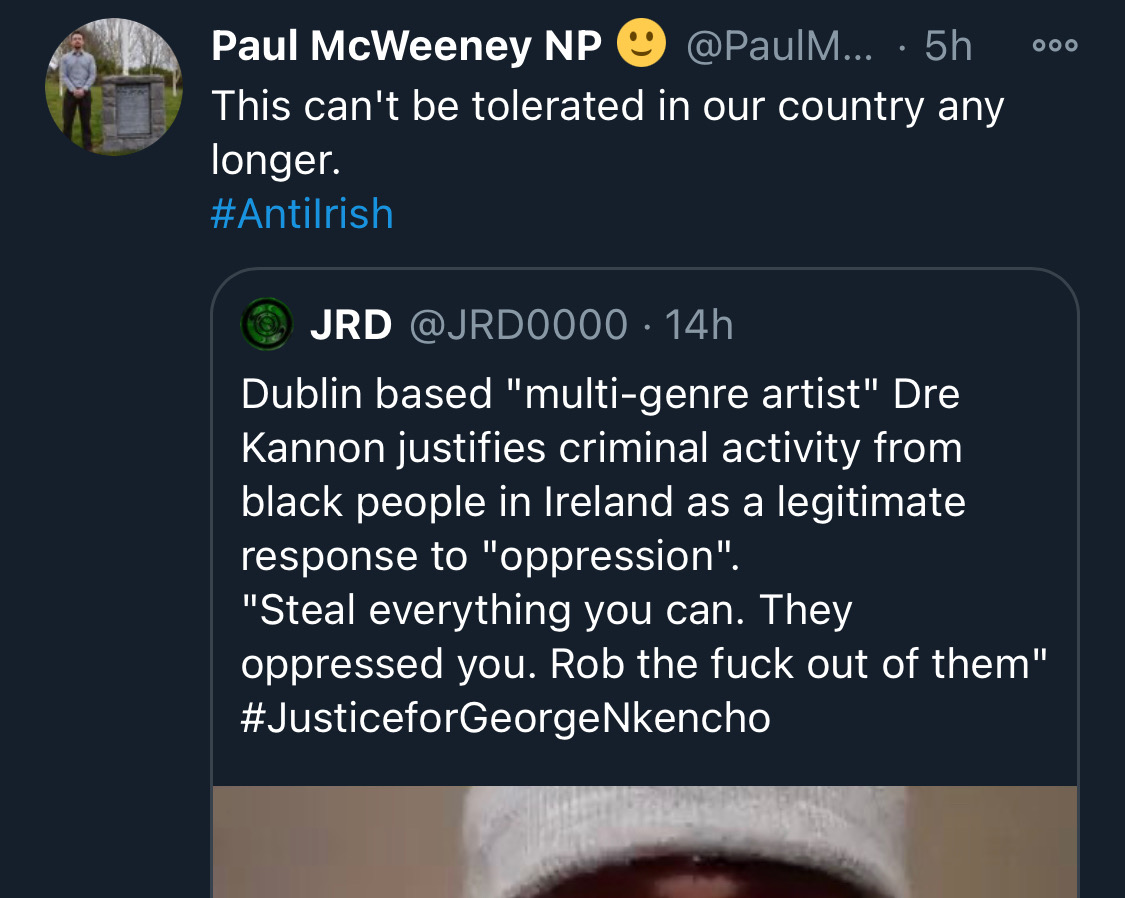
Across Telegram, Twitter and Facebook disinformation is being peddled on the back of these tragic events. From false photographs to the tactics ofwhite supremacy, the far right is clumsily trying to drive hate against minority groups and figureheads.
Be aware, the images the #farright are sharing in the hopes of starting a race war, are not of the SPAR employee that was punched. They\u2019re older photos of a Everton fan. Be aware of the information you\u2019re sharing and that it may be false. Always #factcheck #GeorgeNkencho pic.twitter.com/4c9w4CMk5h
— antifa.drone (@antifa_drone) December 31, 2020
Declan Ganley’s Burkean group and the incel wing of National Party (Gearóid Murphy, Mick O’Keeffe & Co.) as well as all the usuals are concerted in their efforts to demonstrate their white supremacist cred. The quiet parts are today being said out loud.
There is a concerted effort in far-right Telegram groups to try and incite violence on street by targetting people for racist online abuse following the killing of George Nkencho
— Mark Malone (@soundmigration) January 1, 2021
This follows on and is part of a misinformation campaign to polarise communities at this time.
The best thing you can do is challenge disinformation and report posts where engagement isn’t appropriate. Many of these are blatantly racist posts designed to drive recruitment to NP and other Nationalist groups. By all means protest but stay safe.
